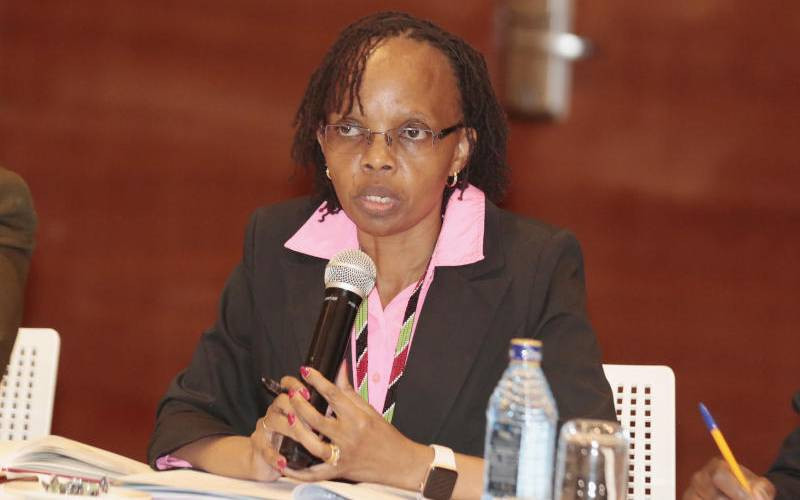×
The Standard e-Paper
Informed Minds Prefer The Standard

Audio By Vocalize

Kenya Universities and Colleges Central Placement Service (KUCCPS) CEO Dr Agnes Wahome when she appeared before the National Assembly Public Investment Committee on Education and Governance at Hilton Gardens Hotel in Nairobi on Monday 24th, 2023 on KUCCPS placement. [Boniface Okendo, Standard]
